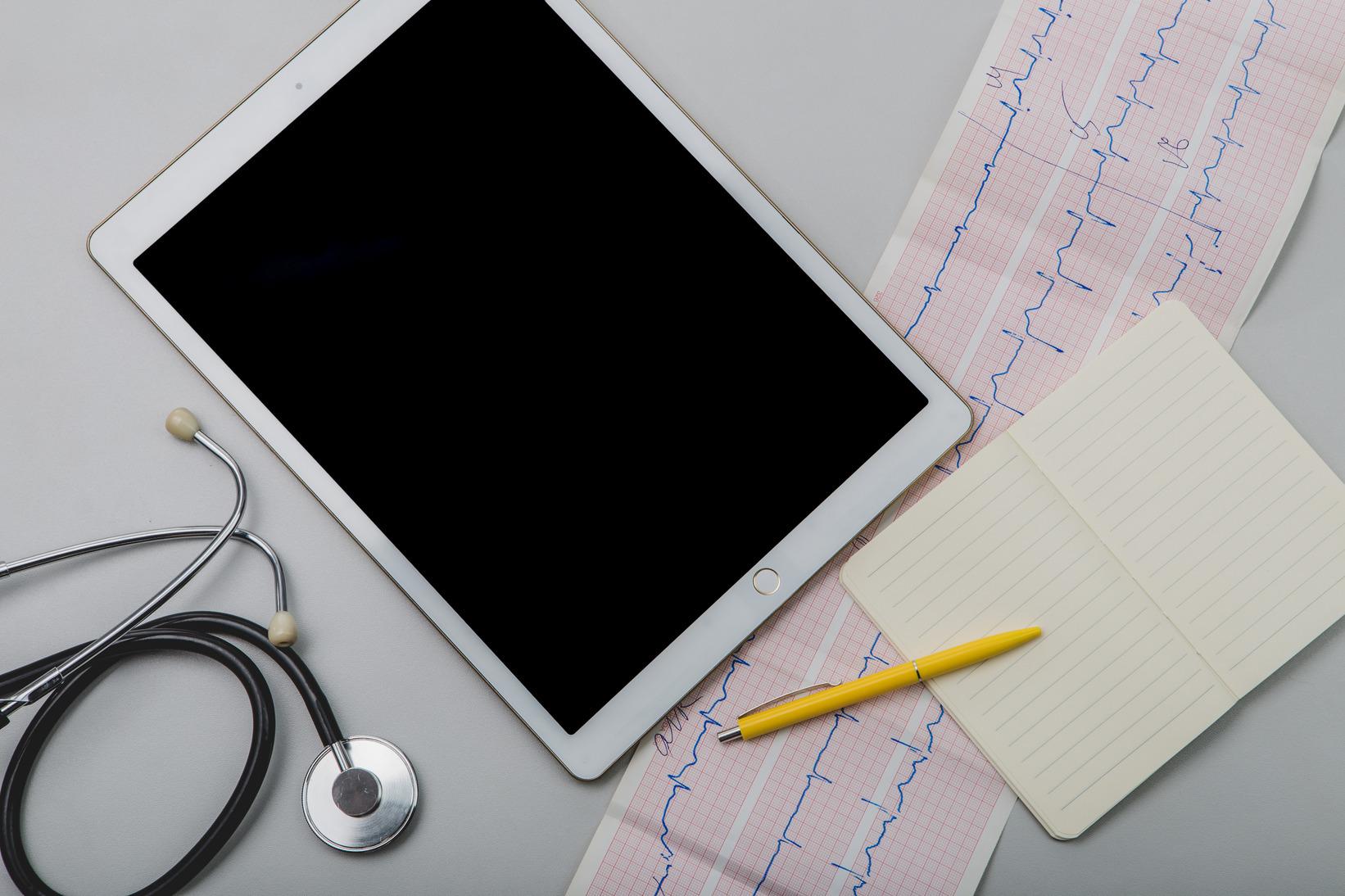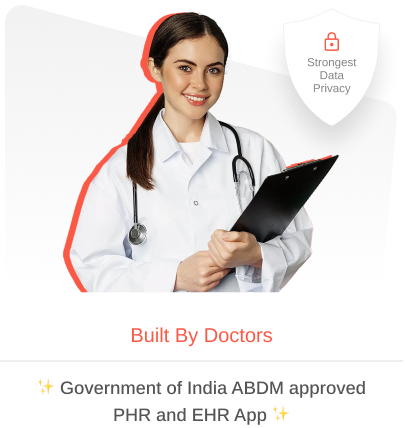The healthcare industry has observed a significant change with the adoption of various digital tools that improve efficiency and patient care both. Among these health tools, electronic health records (EHR) and hospital management software (HMS) plays a very vital role in smooth medical processes. Along this, both tools have some essential functions which cater to different aspects of healthcare administration.
To implement the right technology within a healthcare management system, first we have to understand their basic difference with their features which is necessary for.healthcare providers
Electronic Health Records
The EHR stands for Electronic Health Records, which records a patient’s whole paperwork in the digital form and replaces the traditional paperwork. These platforms assemble medical history, treatment plans, prescriptions, lab results, and diagnostic images, ensuring easy access to critical data and more. EHR is a well-integrated system that definitely improves clinical decision-making by providing real-time updates on patient health status. Along with this, it ensures conformity with regulatory standards, and provides smooth communication between medical departments and external healthcare institutions and ensures good care.
Features and Benefits of EHR
- Detailed Data Storage: Electronic Health Records assemble and store detailed patient information like medical history, treatment plans, prescriptions, lab results, and reports. This ensures that healthcare providers have quick access to right data on time without any medical errors.
- Smooth Data Exchange: These systems provide smooth exchange of data between healthcare institutions such as hospitals, clinics, and pharmacies. By this, the health care providers can access real-time patient records, ensuring that doctors have the latest information for informed decision-making, reducing duplication of tests, and improving care coordination across multiple providers.
- Legal Compliance: To protect sensitive medical information, EHR solutions comply with strict healthcare regulations such as HIPAA and GDPR. For preventing unauthorized access and mitigating the risks of data breaches, these systems ensure data confidentiality, integrity, and security by incorporating encryption, multi-factor authentication, and access controls.
- Enhanced Clinical Decision Support: Integrated AI-driven tools and automated alerts assist healthcare professionals in making informed decisions by providing reminders for medication dosages, drug interactions, and suggesting evidence-based treatment options. This feature improves diagnostic accuracy, improves treatment outcomes, and confirms timely medical interventions.
- Improved Patient Safety: By maintaining records digitally and automating processes, EHR minimizes the risks associated with manual data entry and prescription errors. With integrated safety checks and alerts, the system helps in preventing adverse drug reactions, incorrect dosages, and missed follow-ups. The main use of EHR is ultimately ensuring higher patient safety and better healthcare outcomes.
Hospital Management Software
THe HMS stands for Hospital Management Software, that provides a more comprehensive solution that goes beyond medical records. It integrates various administrative and clinical functions within a healthcare management system, facilitating hospital workflows, patient engagement, and operational efficiency. This software streamlines with the best features like appointment scheduling, billing, resource allocation, and inventory management too. HMS is the combination of multiple functionalities as it improves coordination among different departments, better optimizing service delivery and improving healthcare outcomes.
Features and Benefits of HMS
- Administrative Automation: HMS smooths various administrative tasks such as appointment scheduling, staff coordination, record-keeping, etc. By using this automated software, paperwork reduces, reduces human errors, and improves overall efficiency. By using this, the administrative burden lessens and allows healthcare professionals to focus more on patient care and leading to a more productive hospital environment.
- Better Patient Engagement: Effective communication between doctors, nurses, and patients is important for providing quality healthcare. The HMS software improves patient engagement by offering online appointment booking, real-time updates, and secure messaging between patients and medical professionals. For better accessibility, personalized care, and better patient satisfaction, the software for hospitals has patient portals and telemedicine integration features.
- Billing and Financial Management: Managing hospital finances is very complex, it involves multiple transactions,various insurance claims, and revenue cycles. This software automates the billing process, reduces paperwork, and ensures accurate invoicing. It also helps in processing insurance claims more efficiently, minimizing errors, and speeding up reimbursements and all this improving financial stability.
- Resource Optimization: To prevent overcrowding, equipment shortages, and underutilization of medical facilities, proper resource management is essentia. This software helps to monitor hospital resources, including staff availability, bed occupancy, and medical equipment usage. By analyzing real-time data, it ensures optimal resource allocation, improving operational efficiency and patient care quality.
- Proper Healthcare Management: Hospital management software integrates multiple functions like maintaining health records digitally, patient tracking, inventory control, and workflow management. This focuses on coordination between departments and ensures smooth hospital operations. By using this software, efficiency improves, reduces delays, and enhances the overall healthcare experience for both patients and staff.
Key Differences Between EHR and HMS
| Aspect | Electronic Health Records (EHR) | Health Management Software (HMS) |
| Main Function | Manages patient medical records | Smoothly maintains administrative and clinical operations |
| Scope | Focuses on patient history and medical data | Focus on scheduling, billing, inventory, and resource management |
| User Base | Healthcare providers and specialists | Hospital administrators, doctors, and support staff |
| Interoperability | Connects with other medical institutions | Integrates various hospital departments |
| Regulatory Compliance | Ensures data security and privacy | Supports operational compliance with healthcare laws |
How to Decide the Right Solution for Healthcare Facilities
Selecting between these two technologies depends on the specific needs of a healthcare facility. Hospitals or institutions, want to maintain efficient data recording and restore patient care will benefit from EHR. However, institutions looking to optimize operations, manage financial transactions, and improve workflow efficiency require a healthcare management system move with HMS functionalities.
Outcome
The successful integration of digital solutions ensures perfect healthcare delivery and better patient experiences. EHR plays a pivotal role in clinical documentation and regulatory compliance, while HMS offers a broader scope by managing overall hospital operations. While deciding the appropriate solution, it totally depends on organizational requirements and long-term goals. An effective software for hospitals combines the strengths of both, ensuring enhanced efficiency, improved patient outcomes, and a well-coordinated medical environment.








